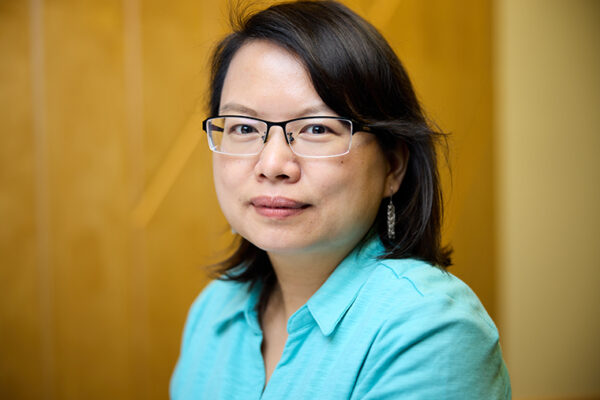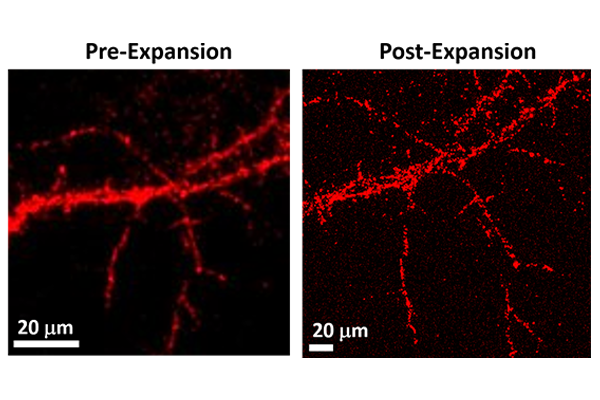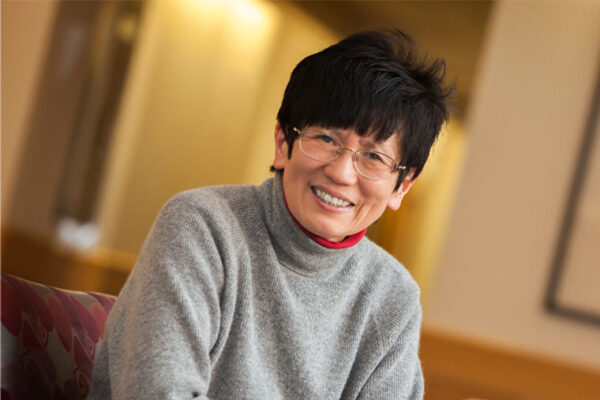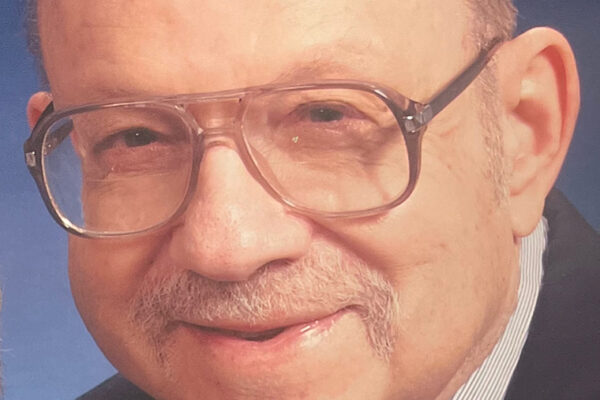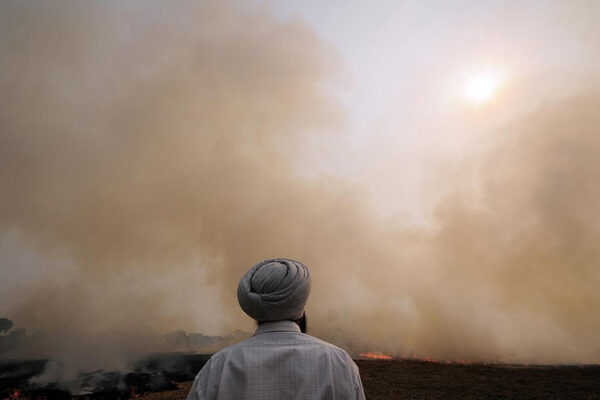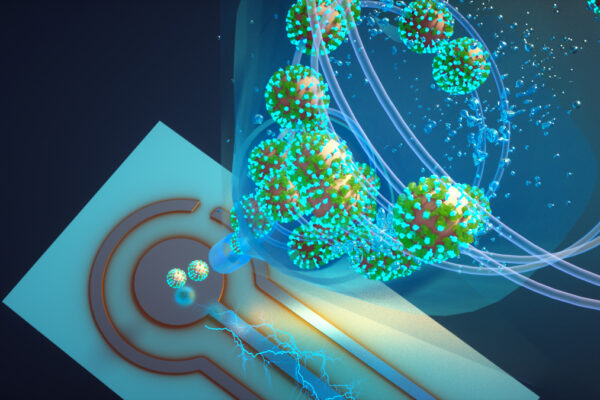NIH funds study of ultrasound with genetics to treat brain disorders
With support from a $3 million grant from the National Institutes of Health (NIH), a multidisciplinary team led by Hong Chen at the McKelvey School of Engineering seeks to integrate ultrasound with genetics to precisely modify neurons in the brain.
Brighter fluorescent markers allow for finer imaging
Nanoparticles engineered by Washington University in St. Louis researchers help provide a clearer picture of brain cell structure.
Ling wins best Emerging Investigator Series paper
Fangqiong Ling, an assistant professor of energy, environmental and chemical engineering in the McKelvey School of Engineering, has been awarded the Best Emerging Investigator Series Paper in 2022 from the Royal Society of Chemistry.
Portable, low-cost tech tracks uterine contractions
In a paper published in IEEE Transactions on Biomedical Circuits and Systems, researchers at Washington University describe a portable uterine-contraction tracker: a cheap-to-make, flexible electrode patch.
Singamaneni named Hughes Professor
Srikanth Singamaneni, an internationally renowned materials scientist, has been named the Lilyan and E. Lisle Hughes Professor in the McKelvey School of Engineering.
Zhu named Murty Professor of Engineering
Quing Zhu, a renowned biomedical engineer who has developed advanced imaging techniques to diagnose cancers of the reproductive system and in other areas, has been named the Edwin H. Murty Professor of Engineering in the McKelvey School of Engineering.
Robert Morgan, former professor of engineering, 89
Robert Morgan, a former professor in the McKelvey School of Engineering for more than 30 years, died Monday, June 26, in Falls Church, Virginia. Morgan joined the faculty in 1968 and worked to build new research and educational activities on the social applications of technology.
Paths for reducing harmful air pollution in South Asia identified
A new analysis of fine particulate matter exposure led by researchers in Randall Martin’s lab in the McKelvey School of Engineering illuminates ways to improve health in India, Pakistan, Bangladesh, Nepal, Bhutan, Sri Lanka and Myanmar.
Air monitor can detect COVID-19 virus variants in about 5 minutes
Proof-of-concept device could also monitor for flu, RSV, other respiratory viruses.
Zapping municipal waste helps recover valuable phosphorus fertilizer
Researchers from Zhen (Jason) He’s lab at the McKelvey School of Engineering use advanced technologies to recover valuable resources from wastewater. They recently demonstrated a promising pathway to treat solid sludge and recover usable phosphorus.
View More Stories
